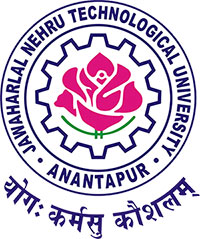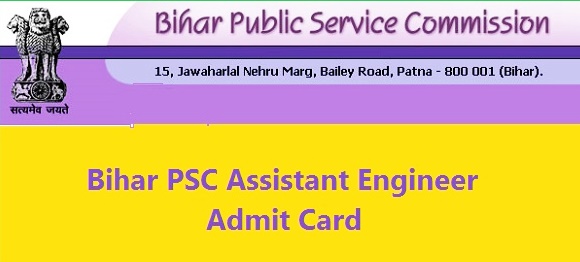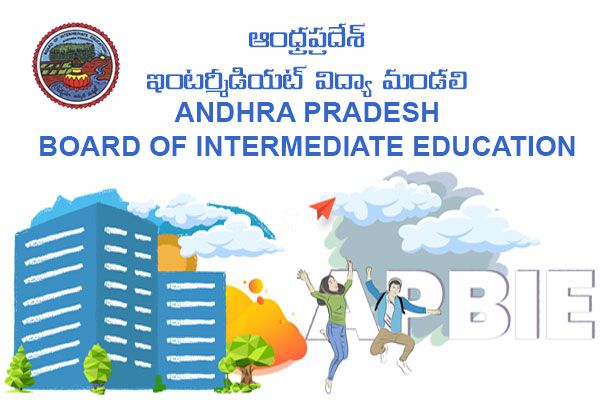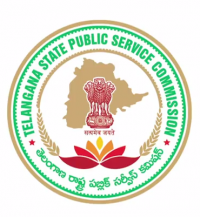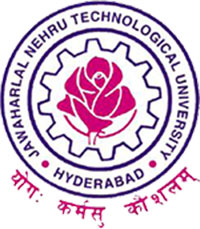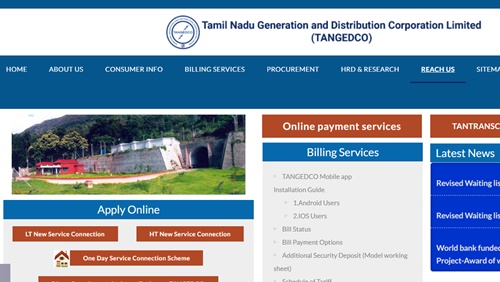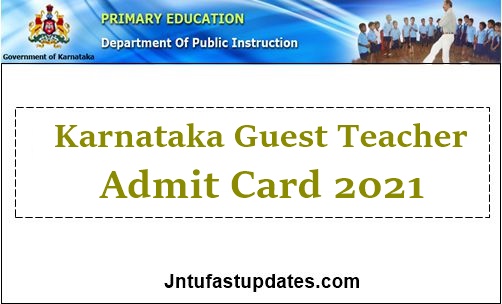JNTUK R16 4-1 Additive Manufacturing Material PDF Download
Students those who are studying JNTUK R16 Mechanical Branch, Can Download Unit wise R16 4-1 Additive Manufacturing Material/Notes PDFs below.

JNTUK R16 4-1 Additive Manufacturing Material PDF Download
OBJECTIVES:
- The course aims at the importance of Additive Manufacturing, classifications, models, specifications of various Additive Manufacturing Techniques. To learn the different tools, soft-wares required and the applications of Additive Manufacturing.
UNIT-1
INTRODUCTION: Prototyping fundamentals, historical development, fundamentals of rapid prototyping, advantages and limitations of rapid prototyping, commonly used terms, classification of RP process. LIQUID-BASED RAPID PROTOTYPING SYSTEMS: Stereo lithography Apparatus (SLA): models and specifications, process, working principle, photopolymers, photo polymerization, layering technology, laser and laser scanning, applications, advantages and disadvantages, case studies. Solid Ground Curing (SGC): models and specifications, process, working principle, applications, advantages and disadvantages, case studies.
Download UNIT-1 Material PDF
UNIT-2
SOLID-BASED RAPID PROTOTYPING SYSTEMS: Laminated object manufacturing (LOM) – models and specifications, process, working principle, applications, advantages and disadvantages, case studies. Fused deposition modelling (FDM) – models and specifications, process, working principle, applications, advantages and disadvantages, case studies.
Download UNIT-2 Material PDF
UNIT-3
POWDER BASED RAPID PROTOTYPING SYSTEMS: Selective laser sintering (SLS): models and specifications, process, working principle, applications, advantages and disadvantages, case studies. three dimensional printing (3DP): models and specifications, process, working principle, applications, advantages and disadvantages, case studies.
Download UNIT-3 Material PDF
UNIT-4
RAPID TOOLING: Introduction to rapid tooling (RT), conventional tooling Vs RT, Need for RT. rapid tooling classification: indirect rapid tooling methods: spray metal deposition, RTV epoxy tools, Ceramic tools, investment casting, spin casting, die casting, sand casting, 3D Keltool process. Direct rapid tooling: direct AIM, LOM Tools, DTM Rapid Tool Process, EOS Direct Tool Process and Direct Metal Tooling using 3DP.
UNIT-5
RAPID PROTOTYPING DATA FORMATS: STL Format, STL File Problems, consequence of building valid and invalid tessellated models, STL file Repairs: Generic Solution, other Translators, Newly Proposed Formats.
RAPID PROTOTYPING SOFTWARE’S: Features of various RP software’s like Magics, Mimics, Solid View, View Expert, 3 D View, Velocity 2, Rhino, STL View 3 Data Expert and 3 D doctor.
UNIT-6
RP APPLICATIONS: Application in engineering, analysis and planning, aerospace industry, automotive industry, jewelry industry, coin industry, GIS application, arts and architecture. RP medical and bioengineering applications: planning and simulation of complex surgery, customized implants & prosthesis, design and production of medical devices, forensic science and anthropology, visualization of bimolecular.
TEXT BOOKS:
- Rapid prototyping: Principles and Applications /Chua C.K., Leong K.F. and LIM C.S/World Scientific publications
REFERENCE BOOKS:
- Rapid Manufacturing / D.T. Pham and S.S. Dimov/Springer
- Wohlers Report 2000 /Terry T Wohlers/Wohlers Associates
- Rapid Prototyping & Manufacturing / Paul F.Jacobs/ASME Press
- Rapid Prototyping / Chua & Liou
OUTCOMES:
- The student shall be able to identify the use of Rapid Prototyping Techniques in the manufacturing of complex components that are otherwise very difficult to manufacture.

320-x100(1).gif)

